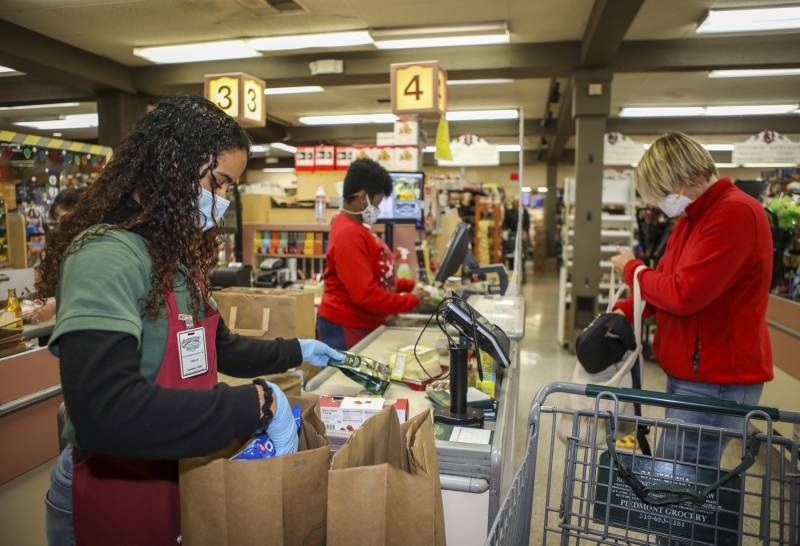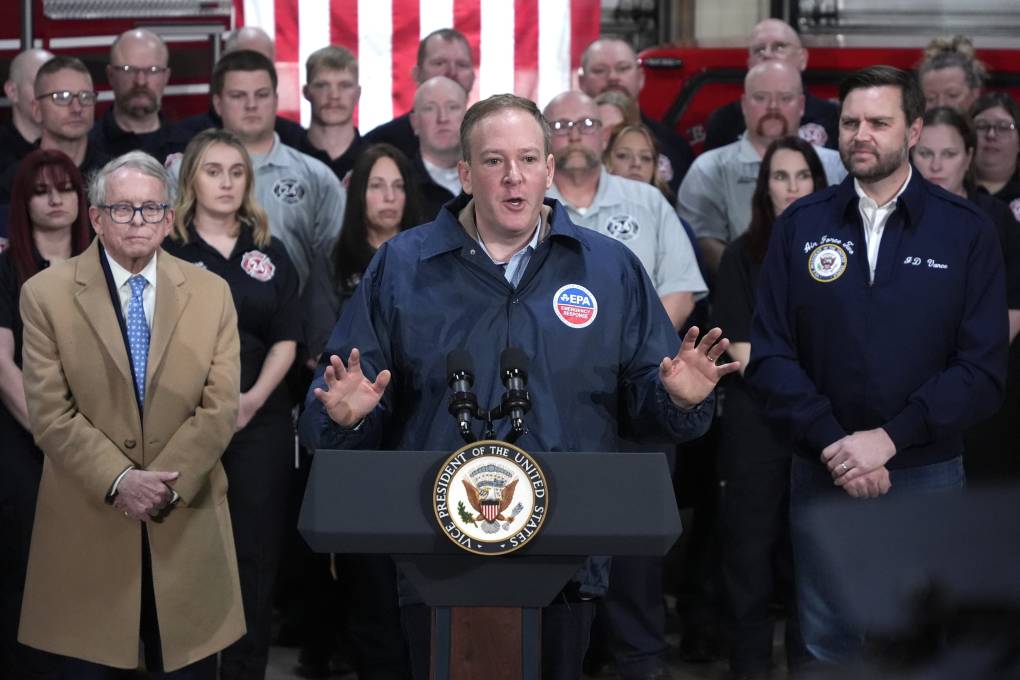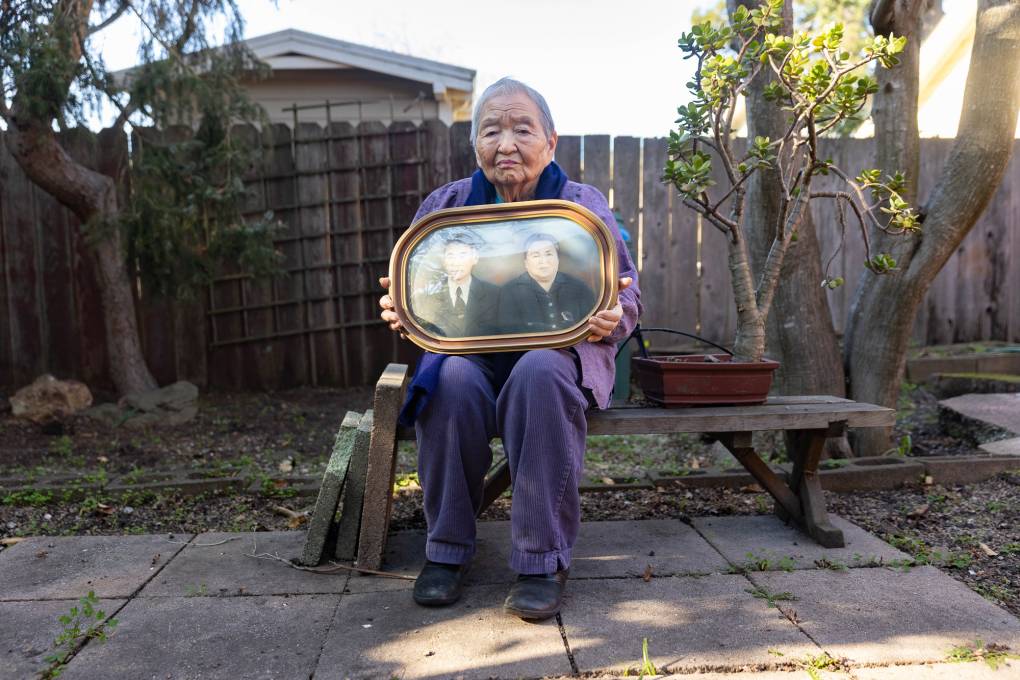A growing number of voters in blue and red states have approved dozens of minimum wage raises in recent decades, a recognition that pay has not sufficiently kept up with the cost of living, according to economists.
The U.S. economy has largely rebounded from the pandemic, with a relatively low unemployment rate, according to experts. But inflation remains a top concern for voters.
Just weeks before the election, support for the measure hovered at 47%, just short of the majority it needed to pass, according to two statewide polls.
Enrique Lopezlira, a labor economist at UC Berkeley, said the low-visibility campaign for Proposition 32, including few advertisements, could be playing a role in the results, particularly in an election with 10 state propositions on the ballot.
“There’s a lot of competition for people’s attention during elections,” said Lopezlira, who directs the university’s Low-Wage Work program. “It could be that it was just a lack of information about what it would mean to pass the proposition. So I’m not sure that I would attribute it to anything specifically of the minimum wage itself, but more of maybe the strategies the campaigns used during the election cycle.”
Two other states with minimum wage raises on the ballot, Alaska and Missouri, approved the hikes.



